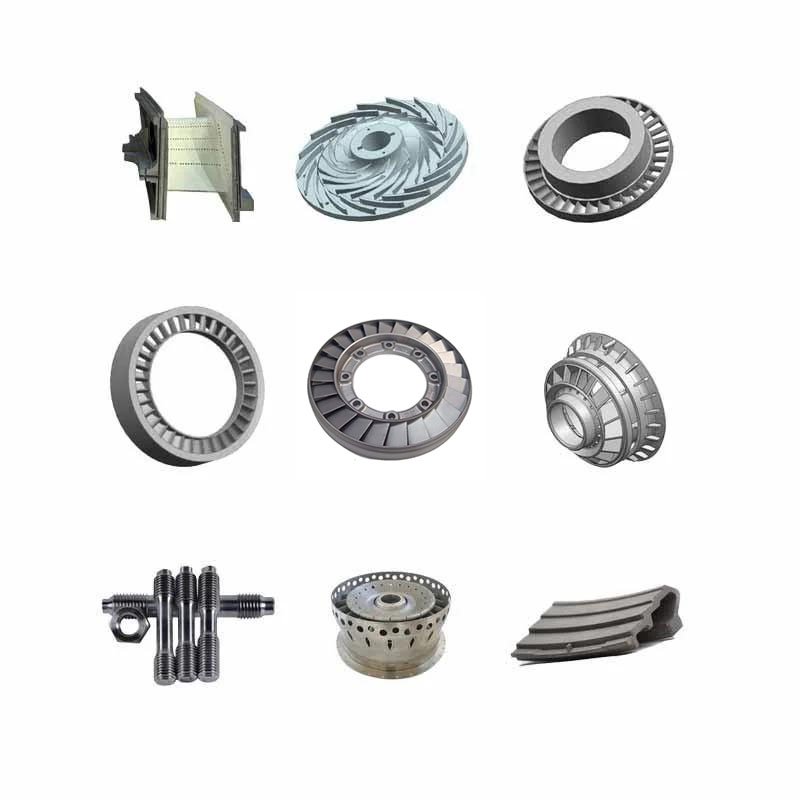
Titanium alloy has higher strength than many other metal materials and can withstand higher pressure and load.
Titanium alloy has lower density than steel, so it can reduce the overall weight of the gas turbine and improve efficiency.
Titanium alloy has good corrosion resistance and can be used for a long time in harsh environments.
Titanium alloy can maintain its strength and performance at high temperatures and is suitable for high temperature gas turbines.
Material properties: Titanium alloy has the advantages of high strength, low density, good corrosion resistance and high temperature performance, but different types of titanium alloys may have differences in performance, so it is necessary to select suitable titanium alloy materials according to specific use requirements.
Manufacturing process: The manufacturing process of titanium alloy is relatively complex, and special processing methods and equipment are required, such as forging, casting, welding, etc. During the manufacturing process, process parameters need to be strictly controlled to ensure the quality and performance of accessories.
Cost: The price of titanium alloy is relatively high, so cost factors need to be considered when using titanium alloy to manufacture gas turbine accessories. Costs can be reduced by optimizing the design and adopting appropriate manufacturing processes.
Environmental factors: Gas turbines are affected by environmental factors such as high temperature, high pressure, and corrosion during operation, so the performance and reliability of titanium alloys in these environments need to be considered.
Design requirements: The design of gas turbine accessories needs to take into account their role and working conditions in the gas turbine, such as stress conditions, temperature distribution, etc. When using titanium alloy to manufacture accessories, material selection and manufacturing need to be carried out according to design requirements to ensure the performance and reliability of accessories.
Turbine blades are key components in gas turbines, used to receive kinetic energy from high-temperature and high-pressure airflow, drive the turbine disc to rotate, and thus drive the mechanical device to work.
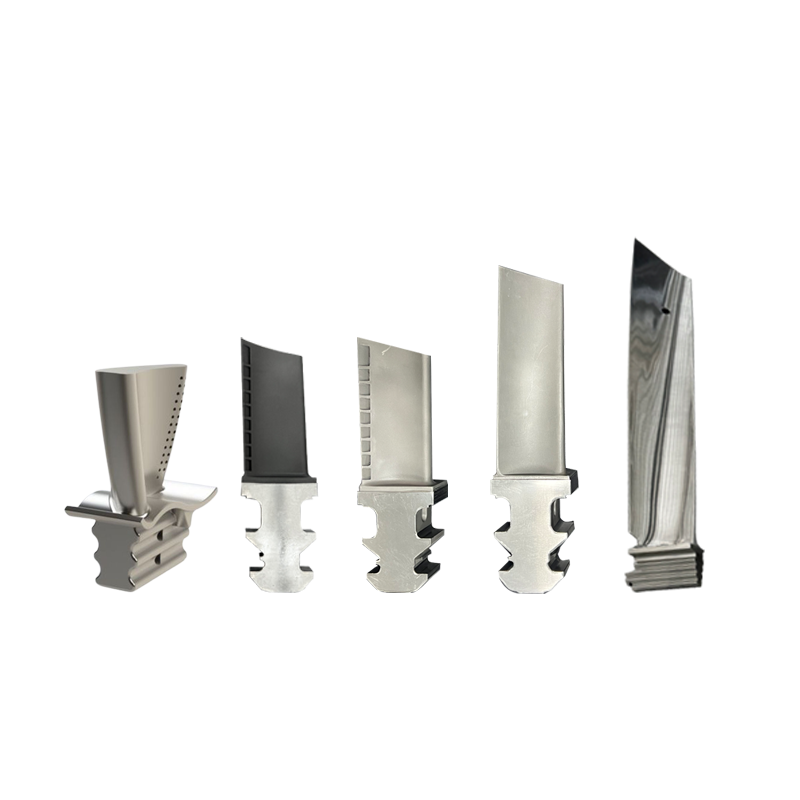



The turbine disc is one of the main rotating components in the turbine, responsible for supporting the turbine blades and transmitting kinetic energy, converting gas power into mechanical power.
The stator is a stationary component in the gas turbine, used to fix the guide airflow, so that it interacts with the turbine blades and improves the energy conversion efficiency.


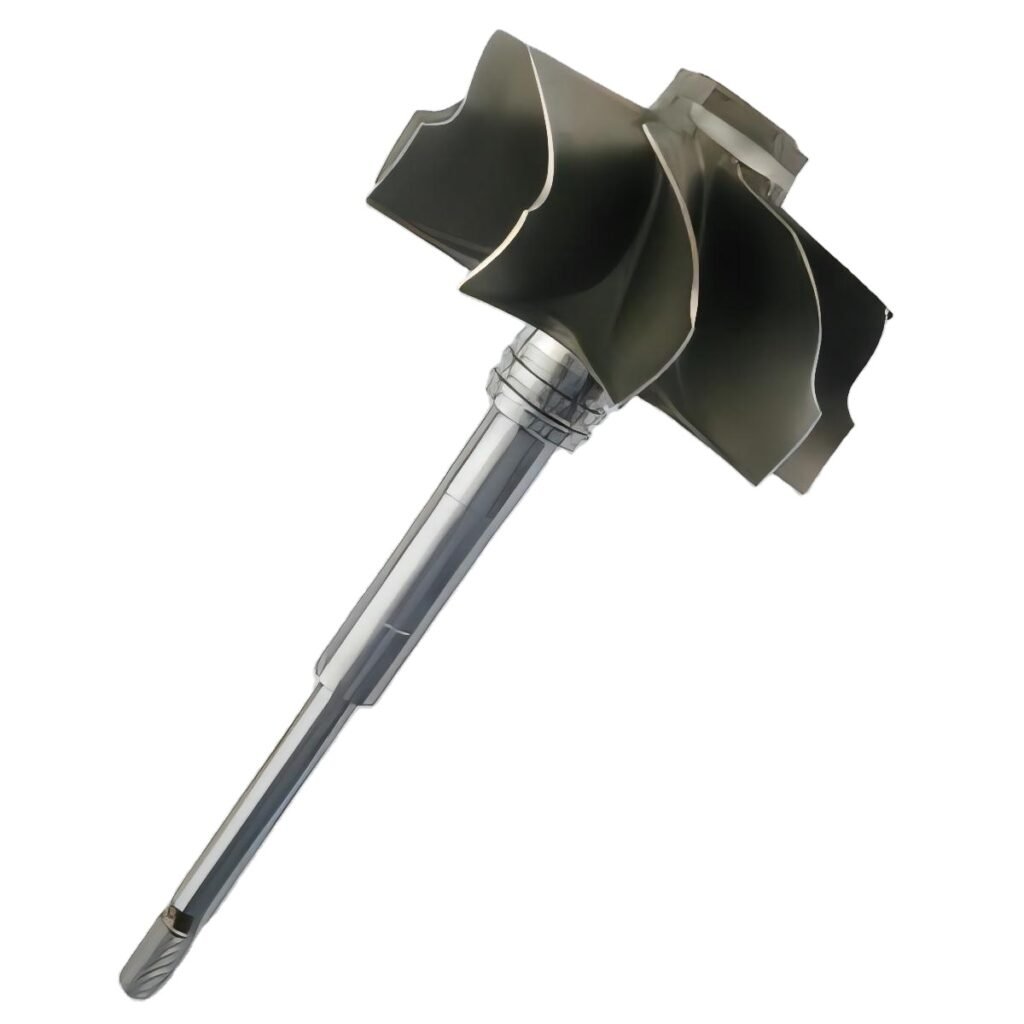

The rotor is a rotating component in the gas turbine, including the turbine disc and the compressor rotor, responsible for receiving and transmitting kinetic energy to drive the mechanical device to work.
The turbine nozzle is one of the key components in the gas turbine, used to guide high-speed airflow, control the flow rate and direction of the airflow, and improve the kinetic energy conversion efficiency.
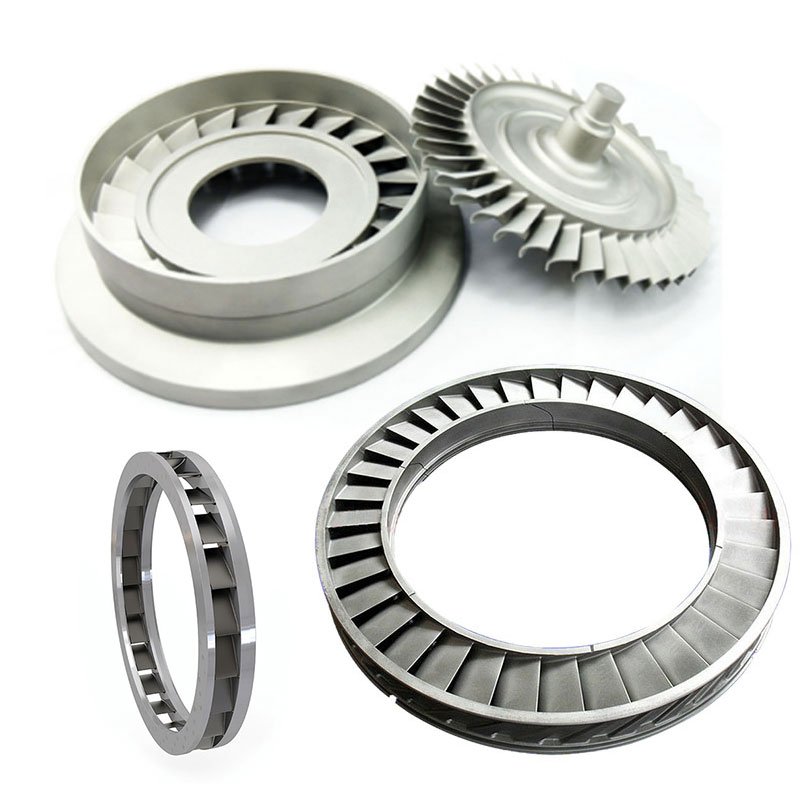

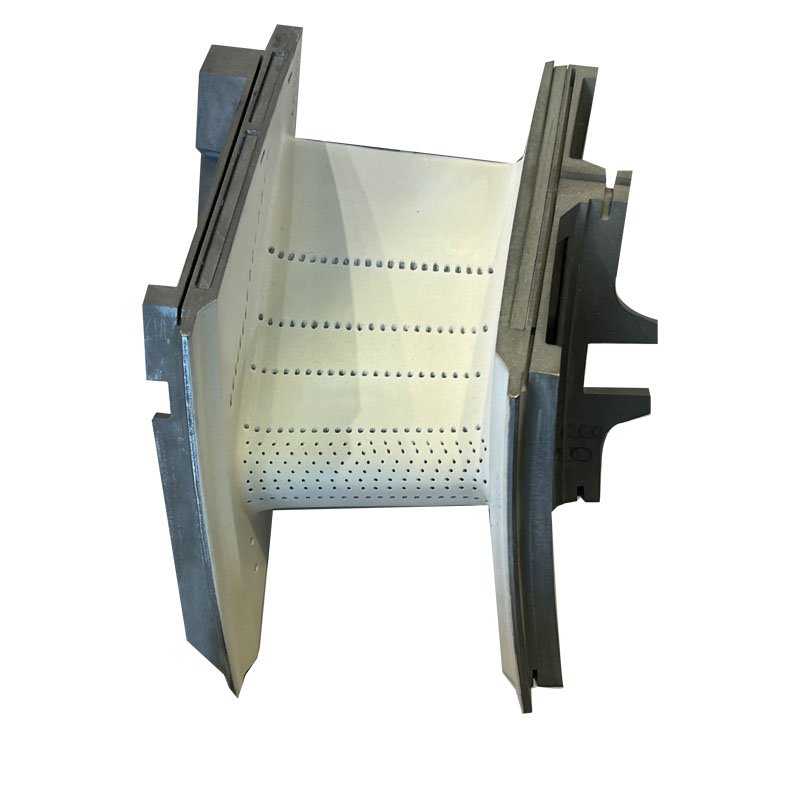

The guide vane, also known as the guide wing, is located in the turbine and is used to control the flow direction and speed of the airflow, optimize the entry angle of the airflow, and improve the efficiency of the turbine.
Springs play various roles in gas turbines, such as maintaining the position of components and providing elastic support.
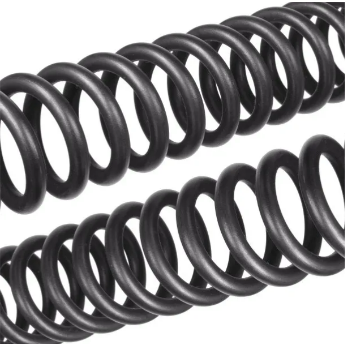

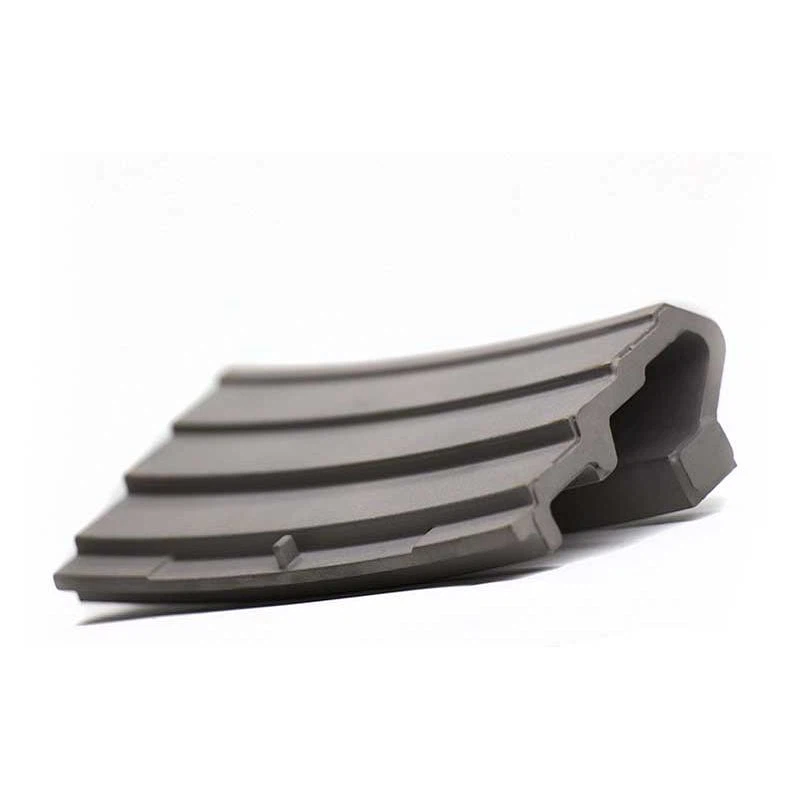

A segment is a component in a turbine, commonly found in the compressor part of a gas turbine, used to increase the kinetic energy of the gas flow and reduce pressure.
Bolts and Nuts are used to connect and fix the various components of a gas turbine to ensure tight connection and stability between components.
The combustion chamber is one of the components in a gas turbine, used to mix and burn fuel and air to produce high-temperature and high-pressure gas to drive the turbine to work.
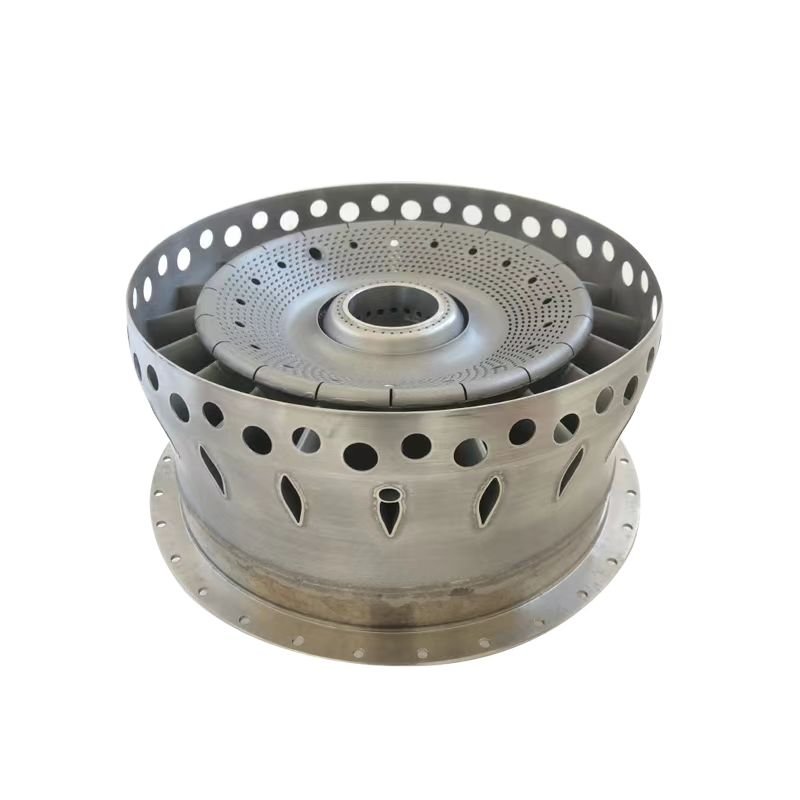

Aerospace field: used to manufacture aircraft engine and spacecraft parts, such as turbine blades, guide blades, compressor blades, etc.
Power generation field: used to manufacture gas turbine blades, impellers and other parts to improve power generation efficiency.
Ship field: used to manufacture ship engine and propulsion system parts, such as turbine blades, propellers, etc.
Chemical field: used to manufacture parts of chemical equipment, such as reactors, heat exchangers, etc.
Automotive field: used to manufacture engine and chassis parts of high-performance cars, such as turbochargers, exhaust pipes, etc.
Part numbers alone are not sufficient to ensure performance.
To guarantee precision and compatibility, please provide:
Drawings or used samples for reverse engineering.